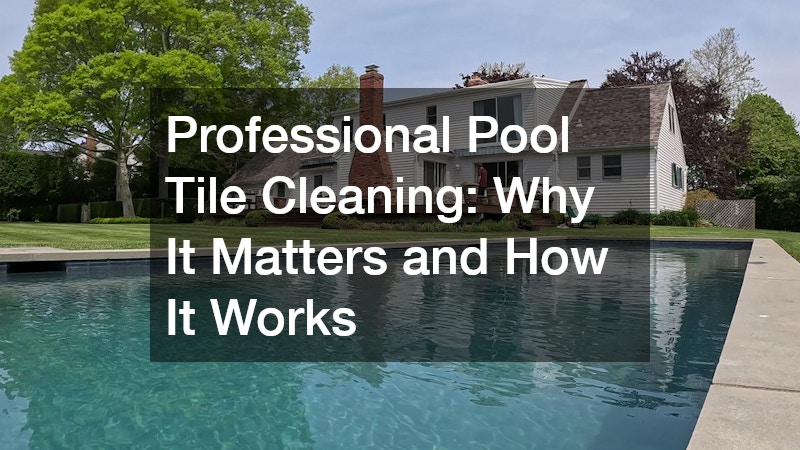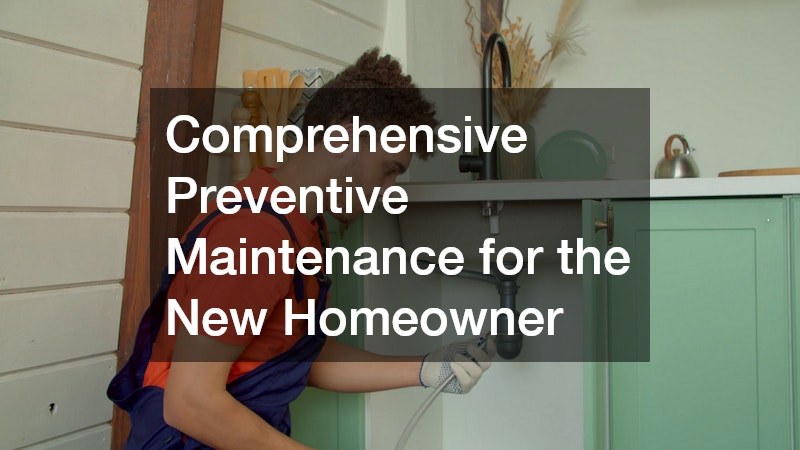A sparkling clean pool isn’t just about clear water—it’s also about maintaining every surface, from the deck to the walls and, importantly, the tiles. Over time, pool tiles can accumulate dirt, grime, calcium deposits, algae, and other stubborn buildups that detract from your pool’s appearance and even affect water quality. While regular brushing and vacuuming help, professional pool tile cleaning takes maintenance to the next level, ensuring your pool looks pristine and functions efficiently. In this article, we’ll explore why professional pool tile cleaning is essential, what the process involves, and how it benefits both residential and commercial pool owners.
Why Pool Tiles Need Professional Cleaning
Pool tiles are constantly exposed to water, chemicals, and environmental contaminants. Even with proper pool maintenance, residues like hard water stains, scale, and algae can form along the waterline.
These deposits can lead to several issues:
-
Aesthetic concerns: Unsightly stains and discoloration make even clean water appear dull.
-
Surface damage: Over time, calcium and mineral buildup can etch or damage tiles.
-
Hygiene issues: Algae and biofilm growth can contribute to bacterial contamination if left untreated.
-
Chemical imbalance: Deposits on tiles can interfere with proper chemical distribution in the water, affecting overall pool health.
Professional tile cleaning addresses these issues efficiently and safely, ensuring that your pool remains both beautiful and sanitary.
The Process of Professional Pool Tile Cleaning
Professional pool technicians use specialized tools, techniques, and products to clean tiles effectively without damaging the surface. Here’s a typical approach:
-
Inspection and Assessment:
Technicians first inspect the pool tiles to identify stains, mineral deposits, and any damage. This allows them to select the appropriate cleaning methods and products for your specific pool. -
Scrubbing and Scale Removal:
Using high-quality brushes, scrapers, and sometimes low-pressure power washers, professionals remove stubborn calcium and mineral deposits. The process is thorough but gentle enough to avoid scratching or chipping tiles. -
Chemical Treatment:
In some cases, safe, pool-approved chemicals are applied to dissolve tough stains, particularly those caused by hard water or metals like copper and iron. Professionals carefully monitor chemical use to prevent damage to the pool finish or water chemistry. -
Polishing and Finishing Touches:
After removing buildup, tiles may be polished or buffed to restore their original shine. The result is a sparkling waterline that complements the overall look of your pool.

Benefits of Professional Pool Tile Cleaning
1. Enhanced Aesthetic Appeal
Clean, polished tiles make a pool look fresh, inviting, and well-maintained. Whether you’re hosting guests or showcasing your backyard oasis, professional cleaning ensures that every surface contributes to a visually stunning environment.
2. Prevents Damage and Extends Tile Lifespan
Mineral deposits, algae, and debris can erode tile surfaces over time. Professional cleaning removes these harmful elements safely, preserving your tiles and potentially saving thousands in repair or replacement costs.
3. Improved Pool Hygiene
Algae and biofilm growth on tiles can harbor bacteria. Professional cleaning eliminates these microbial layers, reducing contamination risks and helping maintain a healthier swimming environment.
4. Optimized Chemical Balance
By removing scale and deposits, professional cleaning helps chemicals circulate more effectively. This means chlorine and other sanitizers can work efficiently, reducing the need for excessive chemical adjustments.
5. Saves Time and Effort
While routine brushing is essential, professional cleaning tackles tough stains and buildup that household tools cannot remove. Hiring experts saves homeowners time and effort while achieving superior results.
How Often Should Pool Tiles Be Professionally Cleaned?
The frequency of professional tile cleaning depends on several factors:
-
Water hardness and mineral content
-
Frequency of pool use
-
Environmental exposure (trees, leaves, and debris)
-
Pool maintenance routine
For most residential pools, a professional tile cleaning once or twice a year is sufficient to maintain a pristine waterline. Pools in areas with hard water or high debris accumulation may require more frequent attention.
Choosing the Right Pool Cleaning Professional
Selecting a qualified pool service provider ensures that your tiles are cleaned safely and effectively. When evaluating professionals, consider:
-
Experience and expertise: Look for certified technicians familiar with different tile types and pool finishes.
-
Equipment and techniques: Professionals should use specialized tools and safe, pool-approved chemicals.
-
Reputation and reviews: Check testimonials and references from previous clients.
-
Comprehensive services: Some companies offer additional services such as filter cleaning, water testing, and preventative maintenance packages.
Professional pool tile cleaning is more than a cosmetic upgrade—it’s an essential part of maintaining a safe, functional, and visually appealing pool. By removing stubborn stains, mineral deposits, and microbial buildup, professionals ensure that your tiles remain beautiful and long-lasting while supporting optimal water quality and chemical balance. Whether you’re preparing your pool for summer, maintaining a luxurious backyard oasis, or managing a commercial facility, investing in professional tile cleaning saves time, prevents damage, and enhances the overall swimming experience. A clean, sparkling pool starts with clean tiles. Regular professional maintenance ensures that every dip you take is refreshing, hygienic, and visually stunning.



